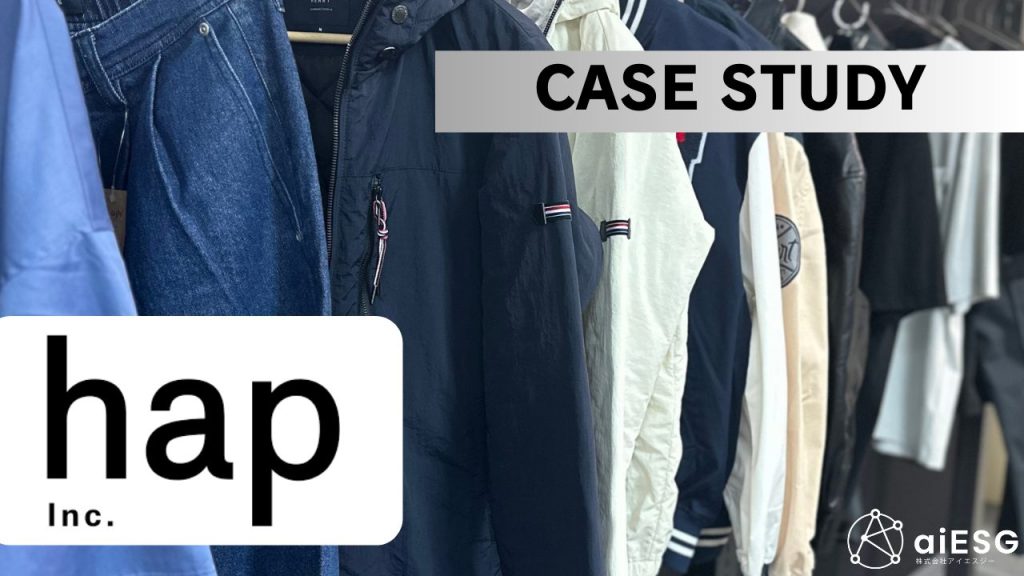
Client Profile.
Company name: HAP Ltd.https://hap-h.jp/
Industry: apparel
Address.
Established in 2006. The company has developed a wide range of businesses, from branded businesses to apparel for environmentally-friendly, comfortable and multifunctional products, and the development of smart textiles and smart wear. Kabaros Layer Technology won the 'Prime Minister's Award' for 'Kabaros Circular Fashion' at the 11th Technology and Management Innovation Awards. The company aims to develop technologies and services that lead to the development of circular fashion.
Table of contents:
ESG analysis of environmental, social and economic aspects of apparel products and services.
Visualisation of high-risk hotspots in the supply chain.
summary
ESG analysis of environmental, social and economic aspects of apparel products and services.
aiESG conducted an ESG assessment of the supply chain of hap Corporation ('hap').
The apparel industry faces serious challenges in terms of environmental impact, including human rights violations and significant water consumption during the manufacturing process. Therefore, aiESG's supply chain assessment service, which focuses not only on CO2 emissions but also on social aspects such as water impact, forced labour and child labour, was used to contribute to the development of circular fashion.
Exhibition: Denim Sandjeans Japan Show
This article highlights two case studies of the use of aiESG in two products and services: skinny-fit denim and COVEROSS Laundry by hap.
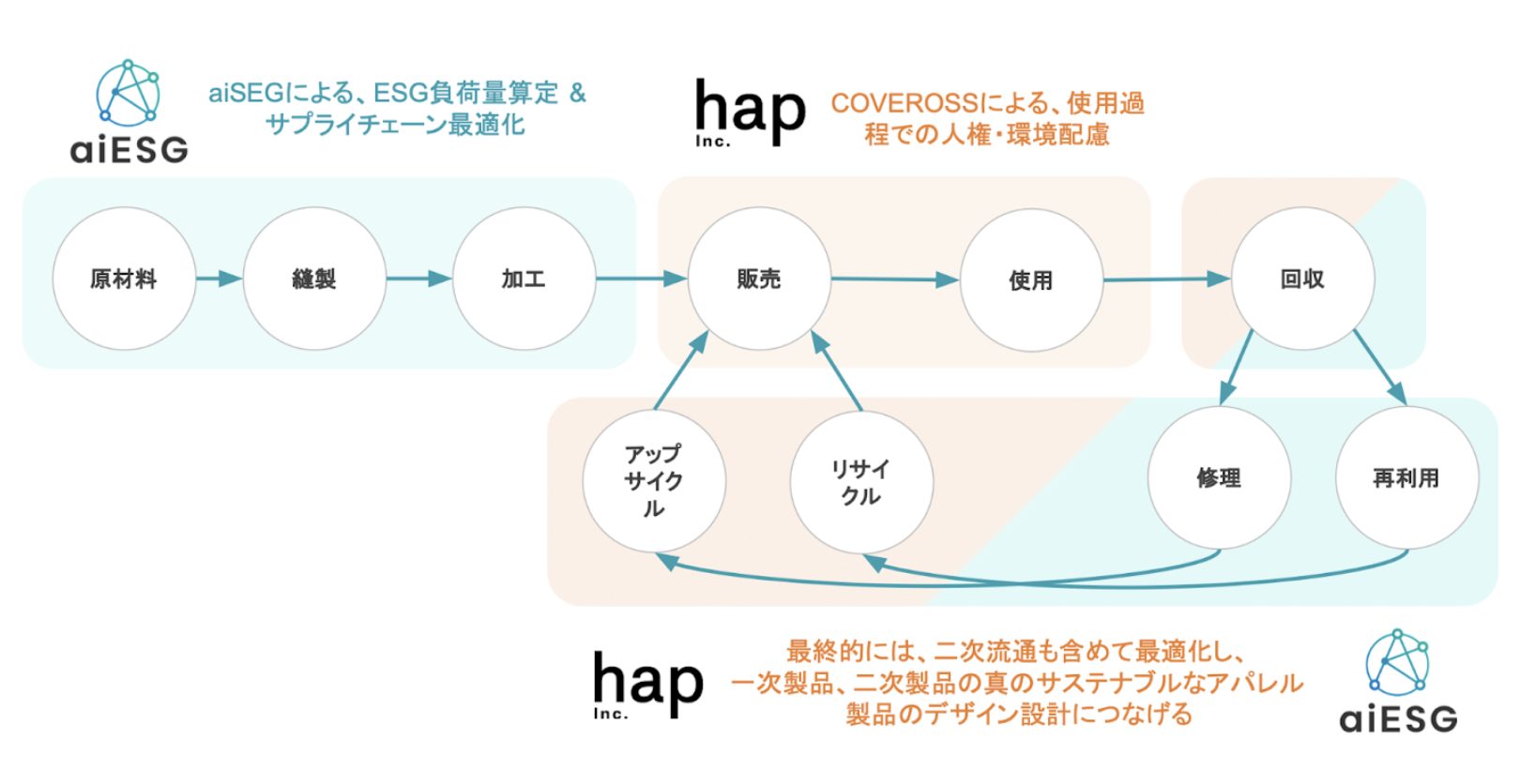
Figure 1 Scheme of collaboration between aiESG and hap
Visualisation of high-risk hotspots in the supply chain.
1.ESG assessment of 'cotton' material for skinny-fit denim.

Skinny Fit denim has become a key product for hap, with cumulative sales of more than one million pairs for the American Holic brand of leading apparel company Stripe International. aiESG's ESG burden calculation and supply chain analysis service with a focus on the environment and human rights (quantification of each supply chain process from raw materials to product import and domestic distribution warehouses) was used to quantification of each supply chain process from raw materials to product imports and domestic logistics warehouses), we conducted a supply chain assessment per pair of skinny-fit denim.
The process of quantifying environmental, human rights and economic impacts uses inventory data based on more than 400 data sources, including UN and international statistics. aiESG's services enabled us to quantify, for each denim, the carbon footprint and water usage, etc. could be quantified.
As part of the analysis, the following visualises what the ESG assessment results would be if the cotton used as raw material for denim was replaced by cotton made in the USA with cotton made in India and China.
In Figure 2, a comparison is shown between US cotton (blue) and Chinese cotton alternatives (orange) in the main ESG assessment areas. This radar chart shows that the outer side of the circle shows better results, while the inner side shows worse results. The larger the coloured area, the more ESG-friendly the product overall.
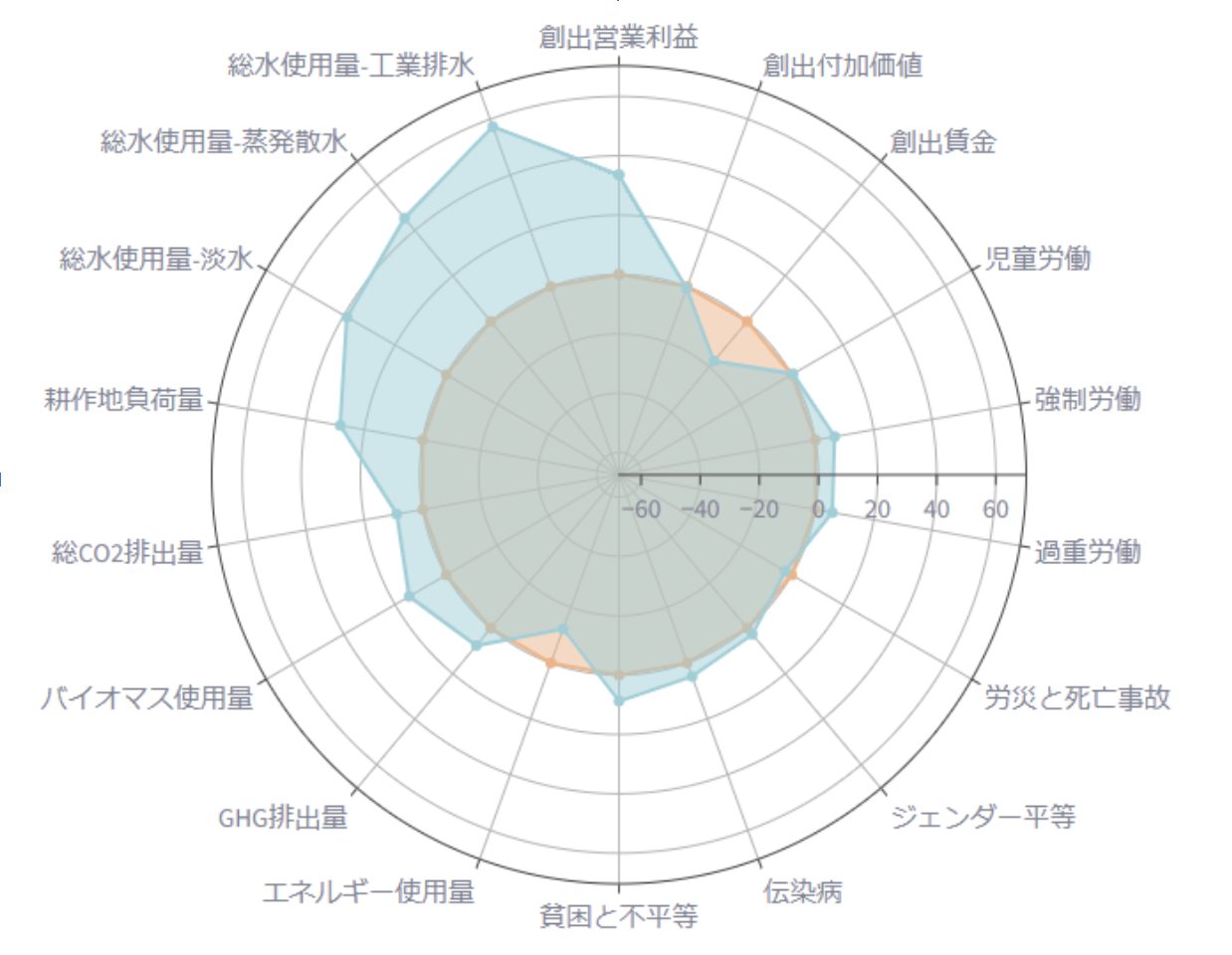
Figure 2 Comparison of ESG scores for USA cotton products (blue) and Chinese cotton products (orange)
The further outwards you go, the better the result.
The results of the analysis in Figures 2 and 3 show that the use of US cotton improves the indicators in total water consumption in the environmental indicators and in forced labour and sanitation (communicable diseases) in the social indicators. It can be seen that US cotton is better than Chinese cotton in both environmental and social indicators.
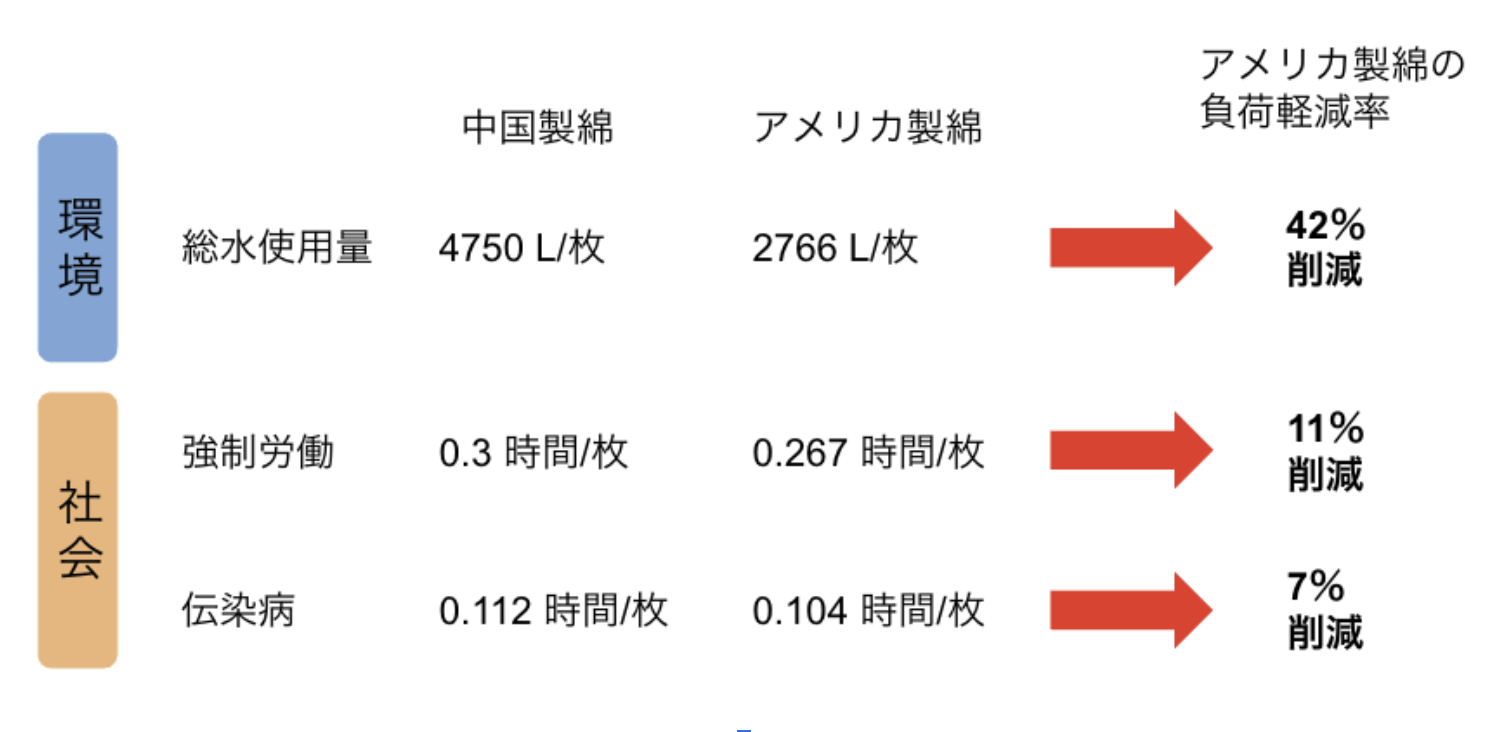
Figure 3: Figures for US and Chinese cotton in the respective indices and,
Percentage improvement in ESG assessment when US cotton is used (based on Chinese cotton).
It is also possible to compare the analysis for each item from a number of ESG indicators, e.g. water consumption and CO2 emissions. As an example, Figure 4 shows the total water use - fresh water in the production process for cotton made in the USA (blue) and cotton made in China (orange) respectively. From this analysis, it is possible to determine which part of the denim production process is the most demanding in terms of total water consumption - fresh water.
In the case of hap's skinny-fit denim, it was found that the water load in the raw materials was the highest in the production process. Using these results, it becomes clear which parts of the production process need to be addressed to have the greatest impact.
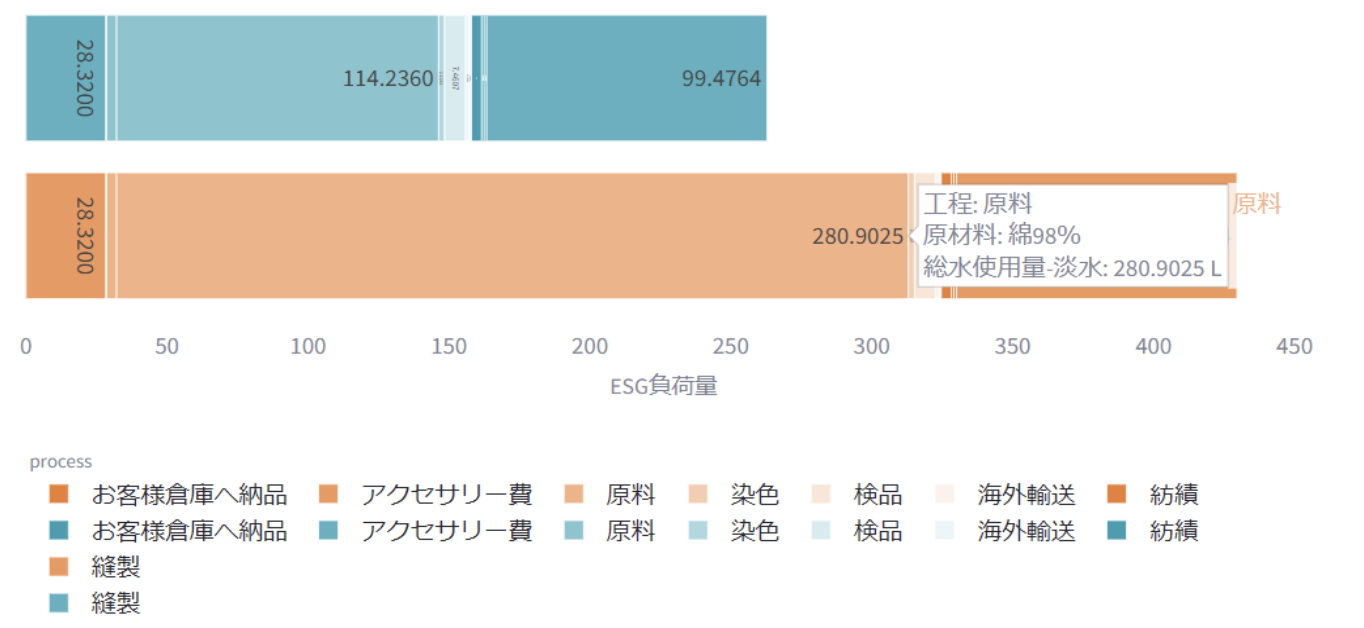
Figure 4 Total water consumption of USA cotton products (blue) and Chinese cotton products (orange) - fresh water Analysis results by process
2.Circular fashion ESG indicators rated highly.

In addition, COVEROSS LAUNDRY, a new upcycling service that guarantees sustainability throughout the life cycle. https://coveross.jp/shop/pages/laundry) also used aiESG's ESG assessment.
In this analysis, ESG assessments were made in two situations: when a Kabaros laundry is used and the product is reprocessed, and when the garments are discarded without being used and new ones are made from scratch. As shown in Figure 5, the analysis showed that the ESG assessment for the use of Kabaros Laundry was superior to the ESG assessment of the entire supply chain for the production of a single T-shirt in general, in terms of both social and environmental indicators such as child and forced labour, industrial accidents and water impact.
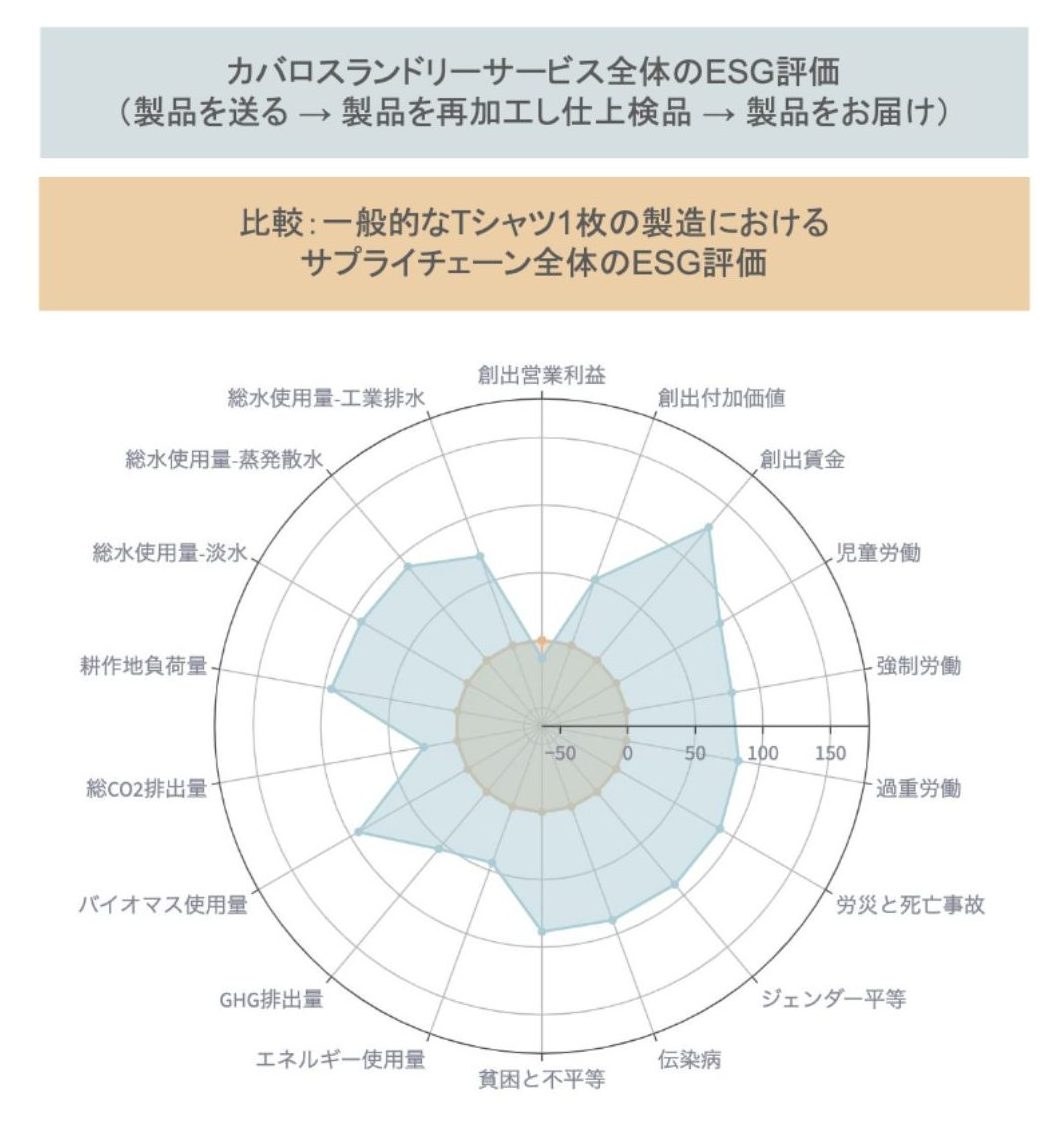
Figure 5: Comparison of ESG assessment of Kavalos Laundry (blue) and the manufacture of one ordinary T-shirt (orange)
The further outwards you go, the better the result.
As summarised in Figure 6, the use of the Kabalos laundry service has resulted in improvements in human rights indicators such as child labour and forced labour, as well as occupational accidents and fatalities. Environmental indicators also show significant reductions in total water use and energy use, and in economic indicators, the value added from wages has improved by 1291 TP3T.
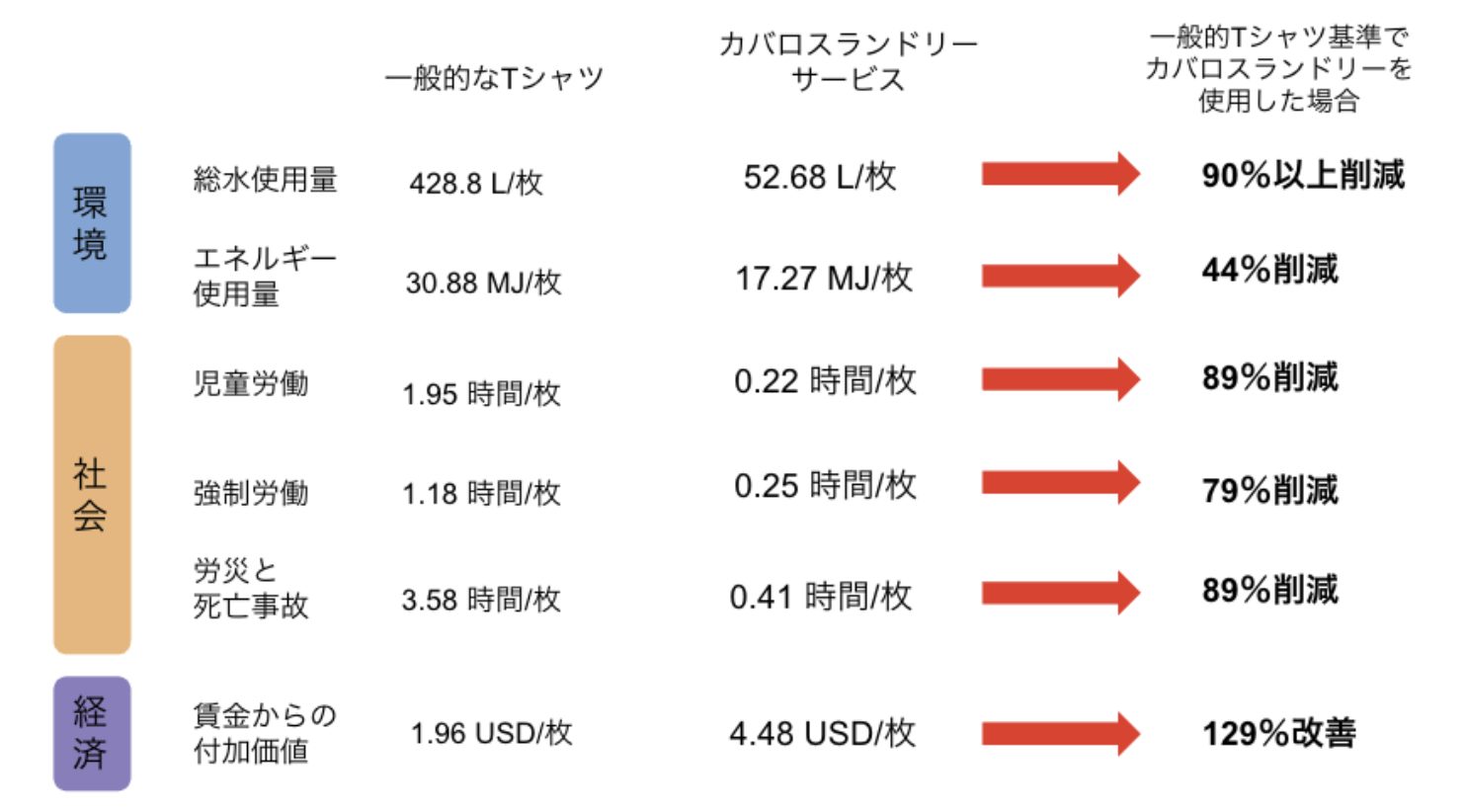
Figure 6: Figures for a typical T-shirt and Kavalos laundry service respectively in the index and,
Percentage improvement in ESG assessment when using Kavalos laundry services (general T-shirt criteria).
Figure 7 also shows the global distribution of wage generation. While a typical T-shirt generates wages in China and other Asian countries, the Kavalos laundry service shows a significant wage spillover effect into Japan.
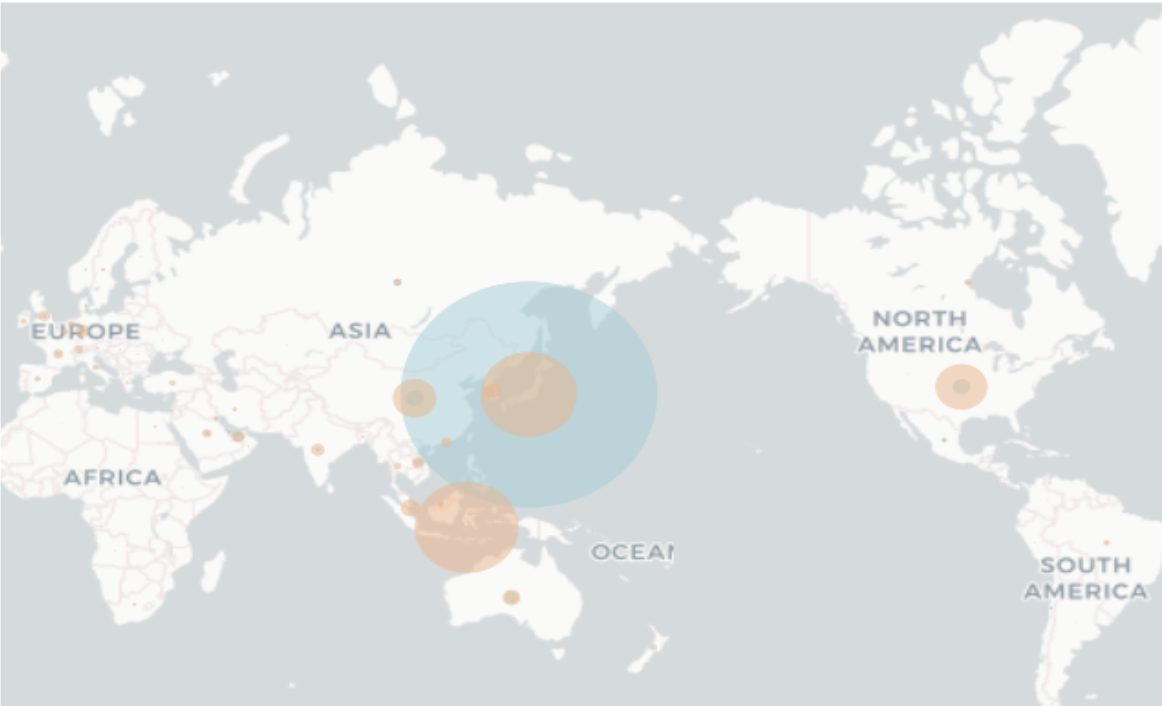
Figure 7: Global distribution of wage generation
Comparison of Kavalos laundry service (blue) with a typical T-shirt (orange)
In addition, hap is also strengthening its efforts with select shops: in spring/summer 2012, it is working with leading apparel company Nano Universe on a sustainable line "Meaningful Continuity", which uses Kabalos as the main material, with added sustainability and functionality, in consideration of the natural environment. The items are presented in the "HÔTEL PALACE" shop, which also sells T-shirts with the upcycling service Kabaros Laundry. The functionality can also be upgraded by sending it to a service factory after purchase and wear.
Furthermore, for autumn/winter 24-25, the company plans to launch jeans made from environmentally friendly materials based on ESG assessments.
HAP has stated that in the future, it intends to develop an ESG assessment of optimal recycling through collaboration between industry, government and academia, with the aim of developing a scientifically supported international standard for eco-design.
summary
The apparel industry's negative social impacts, such as forced labour and child labour, as well as its environmental impact, including water impact, are issues that cannot be ignored. There is therefore an increasing need for a comprehensive understanding and appropriate management of information in the supply chain in all environmental, social and economic spheres.
In this use case, ESG analysis was conducted across the supply chain in two of hap's skinny-fit denim and COVEROSS LAUNDRY.
For skinny-fit denim, the study visualised how replacing the raw material of denim - cotton made in the USA - with cotton made in China would change the environmental, social and economic domains respectively. The results of the overall analysis show that US cotton is superior to Chinese cotton in terms of both environmental and social indicators. In particular, the results showed a significant reduction in water consumption for American cotton compared to Chinese cotton.
The analysis also showed that the COVEROSS LAUNDRY service significantly improved the ESG assessment of both the environment and society compared to conventional T-shirts.
By using aiESG's analysis, it is possible to visualise in detail where the risk hotspots are in the supply chain and take countermeasures. aiESG supports companies in developing products and services that are compatible with ESG perspectives through ESG analysis, and in We also provide support for the development of marketing and branding strategies.
Companies facing challenges in developing ESG-conscious products and services, as well as marketing strategies, are encouraged to contact us.
Enquiry:
https://aiesg.co.jp/contact/
*Related articles*.
The Prime Minister's Award-winning hap and aiESG, a product ESG evaluator, collaborate on the development of apparel products that are truly human rights and environmentally friendly.
The aiESG initiative was featured in an article introducing the apparel venture hap in Nikkei Business.
middle dot (typographical symbol used between parallel terms, names in katakana, etc.)[Commentary] Nikkei article: aiESG supply chain analysis of electric vehicle (EV) production and ESG indicators worsening due to 'de-China'.
middle dot (typographical symbol used between parallel terms, names in katakana, etc.)[Commentary] The impact of the US Inflation-Reduction Act (IRA) on the ESG of Japanese EV manufacturers (aiESG analysis).




